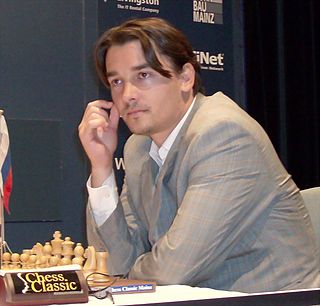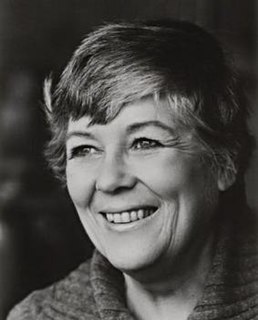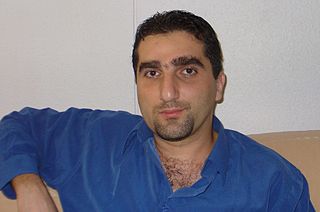A Quote by Judit Polgar
My sister Susan, who was the first one, was pretty good in mathematics and then chess, and my father chose chess because it was easier to measure the results.
Related Quotes
The broader the chess player you are, the easier it is to be competitive, and the same seems to be true of mathematics - if you can find links between different branches of mathematics, it can help you resolve problems. In both mathematics and chess, you study existing theory and use that to go forward.
I love chess, and I didn't invent Fischerandom chess to destroy chess. I invented Fischerandom chess to keep chess going. Because I consider the old chess is dying, it really is dead. A lot of people have come up with other rules of chess-type games, with 10x8 boards, new pieces, and all kinds of things. I'm really not interested in that. I want to keep the old chess flavor. I want to keep the old chess game. But just making a change so the starting positions are mixed, so it's not degenerated down to memorisation and prearrangement like it is today.
I started playing chess when I was about 4 or 5 years old. It is very good for children to learn to play chess, because it helps them to develop their mental abilities. It also helps to consolidate a person's character, because as it happens both in life and in a chess game we have to make decisions constantly. In chess there is no luck and no excuses: everything is in your hands.
I was a professional chess player in Romania, but only a small-time master. When I came to France, I continued playing chess for many years: I played tournaments in numerous countries with mixed results. I wrote and published a book - La Défense Alekhine and translated two others from Russian. I taught chess in schools; I earned more money through chess than through literature.
A chess problem is genuine mathematics, but it is in some way "trivial" mathematics. However, ingenious and intricate, however original and surprising the moves, there is something essential lacking. Chess problems are unimportant. The best mathematics is serious as well as beautiful-"important" if you like, but the word is very ambiguous, and "serious" expresses what I mean much better.
Fischer was a good kid but very unsophisticated about anything but chess. It was all chess for him, every waking moment. We'd go down to the Four Continents bookstore and he'd buy any Russian chess material he could get his hands on. He'd learned enough Russian to get the gist of prose and he just absorbed the chess part.
































